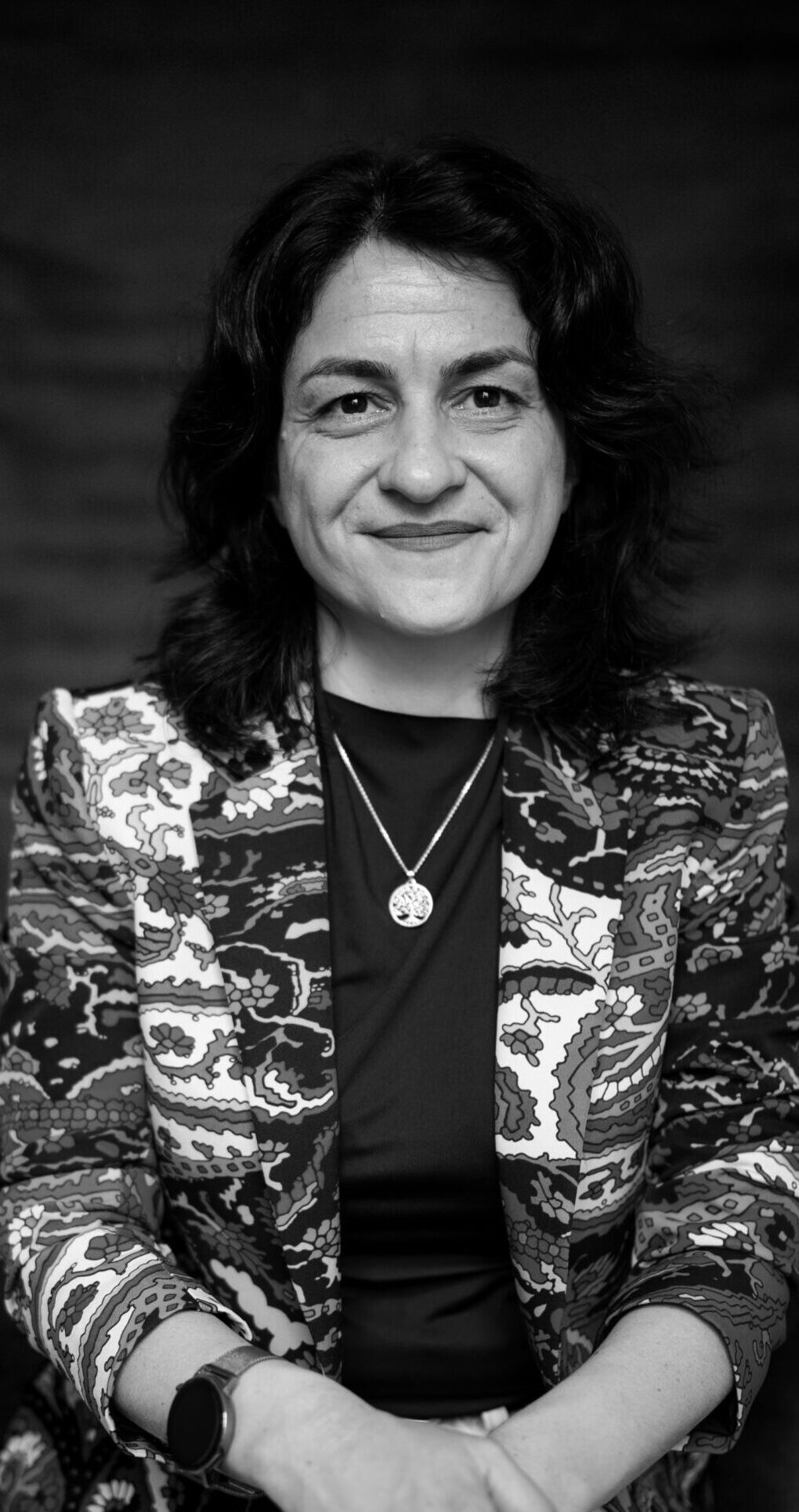
Anca Dumitrescu
Anca Dumitrescu has had her specialization in Applied Behavior Analysis since 2010, and has been certified as the first BCBA behavior analyst in Romania. She is one of the most important national trainers, being involved both in the development of short-term training courses for psychologists and ABA therapists, and within Clemson-Romania – Verified Course Sequence program in applied behavior analysis, initiated in 2016.
Anca founded Autism VOICE with Claudia Matei and Oliviana Giura, the organization through which she managed to develop the first quality standards in Romania in the therapy of children with ASD and the first specialist training projects at the national level. She is involved in coordinating programs within the two Autism Voice centers, in actions to regulate the status of behavior analysis in Romania, in awareness campaigns, lobby & advocacy and especially in projects that support families of children with ASD, development disorders and their therapy. Anca is also the Scientific Coordinator of Bucharest ABA International Conference and President of ABA Romania Institute.
In 16 years of experience and active involvement in the field, she made possible not only the development of behavior analysis in our country and services for children, but also the consolidation of the status of specialists, offering them an ethical guide for practice and all the academic information necessary for practice.
Presentation at the ABA International Conference 2025
Meaningful ABA: Standards adding value to ASD intervention
Between scientific rigor and real-life interventions
Abstract:
The standards in ABA therapy are not just a formality or a set of bureaucratic rules – they represent the foundation that ensures coherence, efficiency and ethics in interventions dedicated to children with autism spectrum disorder. In the absence of some clear benchmarks, the intervention risks becoming chaotic, dysfunctional and, sometimes, even harmful through inconsistency or unnecessary overuse.
This presentation brings to the forefront the idea that complying with the minimum standards is essential to provide interventions with direction and meaning, but also that these standards must be applied with discernment, in an individualized way, anchored in the needs of each child and in the context of each family.
We will explore together:
- What a well-structured intervention means, and why without this structure, progress is often minimal;
- How we can avoid extremes: unnecessary rigidity, but also creativity lacking scientific basis;
- What is the role of the family in maintaining the direction of the intervention and how we ensure that efforts are aligned, not dispersed.
A very special moment of the presentation will be the dialogue with an adult diagnosed with autism in childhood, recovered through an intensive ABA program. His perspective offers a vivid example of how meaningfully applied standards can change not only behaviors, but entire lives.
This theme is, in essence, an invitation to professional and human responsibility: how can we keep science and soul together in our work with children and their families?